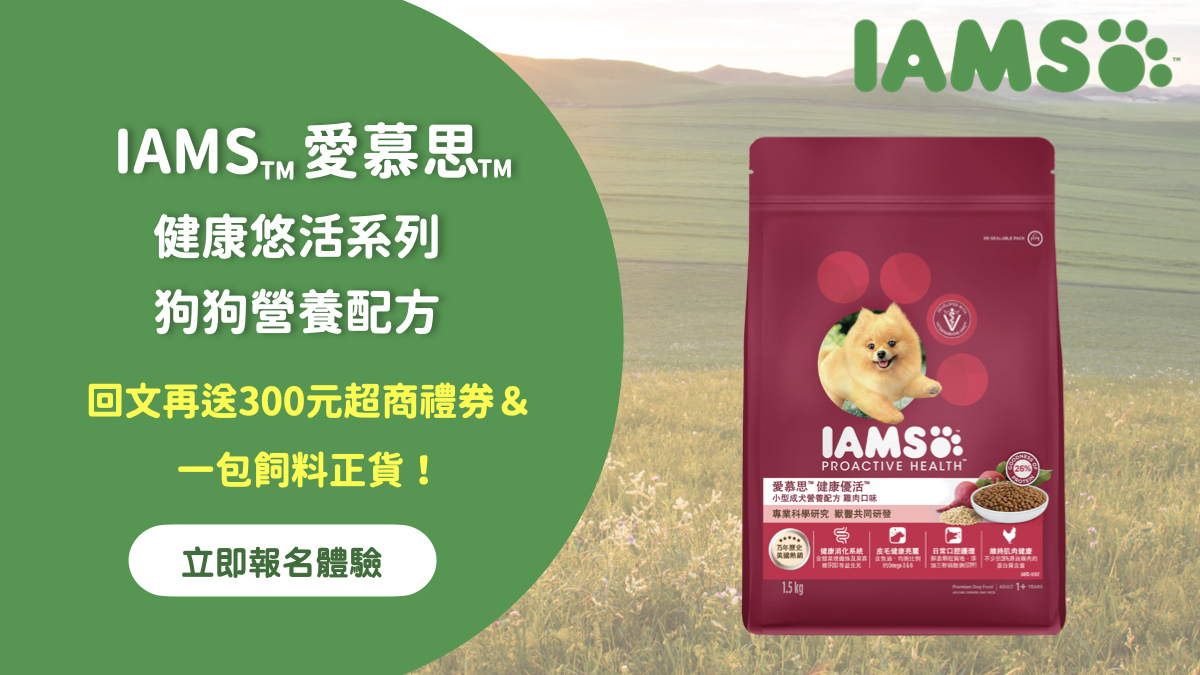Happy1110文章Not Your Typical Store(oral-read by Derek)
.
.
.
.
.
.
..........................................
.
.
A new way to shop
1)
It's Tuesday afternoon and I'm in Rheinburg, Germany (a city just north of Dusseldorf), visiting the Extra Future Store. Metro AG, the parent company母公司 of the store, is one of Germany's largest retailers零售商 and its “store of the future” is attracting a lot of attention these days---but not for its prices. Instead, people are coming from all over to experience a new way to shop.
2)
The experience is less like shopping in a supermarket and more like playing some kind of high-tech game. It starts as I enter the store and choose a shopping cart. First, I swipe刷,擊 my store ID card through a computer on the cart's handle. The computer's screen comes on開起,起動, a map of the store appears, and the journey begins.
As I shop, antennas around the store send information about different specials特價品 to the computer on my cart. Attracted by one of the ads, I select a jar of olives橄欖 that are on sale. I hold up the jar to a computer nearby. It displays the price and also suggests that a certain type of Spanish cheese would be good with the olives. The map on my cart shows me where to find the cheese. It's like the store is helping me to shop.
3)
How does the Extra Future Store make this kind of shopping experience possible? The answer is radio frequency identification chips (or RFID, for short). Invented in1969, RFID chips are about the size of a grain of sand. Each chip has a unique ID number and is attached to a product (e.g. a bottle of olives). Using a wireless device called ”RFID reader,” one can get information from a chip about a product---for example, its price and location.
4)
This type of technology could mean a more convenient experience for shoppers. RFID chips will help shoppers feed訂 items in a store more quickly--- products that are just right for them. In addition, people won't have to wait in a long line to pay. In the supermarket of the future, you will simply walk through a checkout lane. The RFID-tagged items in your cart will be read by a scanner, and your credit card or debit card will be charged automatically.
5)
Sounds good, right? Not to consumer activist消費者權益促進者 Jeremy Webber. ”Right now, I can buy something anonymously暱名地, especially if I pay with cash, “says Webber. "But today, RFID chips are being put on product packaging. And a growing number of manufacturers are planning to embed埋入 them directly into products.”(A chip will be sewn into a pair of shoes, for example, or be built into a shampoo bottle.)
6)
“What this means,” explains Webber, "is that if the RFID chip isn't disabled before you leave the store, your location could be tracked被追蹤 with an RFID reader. People's privacy is at stake有風險. "
7)
Megan Lim, a store manager in Australia, believes that Webber's concerns are unnecessary. ”Look, there are risks with every kind of new technology, but what about the benefits? If a store uses the chips, it can track which items are popular, and quickly order more of these. Stores can save money by ordering fewer of the less popular items. If the store saves money, then maybe shoppers will pay less for products, too." Lim pauses, "I think a lot of people will be willing to give up some of their privacy for that.”
.
.
............................................................................
1.parent company 母公司
2.retailers 零售商
3. swipe(v) 刷,擊
4. comes on(v-ph) 開起,起動
5. special(n) 特價品
6. olive(n) 橄欖
7. RFID 無線射頻辨識(radio frequency identification chips)
8. feed(v) 訂
9. consumer activist(n) 消費者權益促進者
10. anonymously(adv) 暱名地
11. embed(v) 埋入
12. track(v) 追蹤
13. at stake(ph) 有風險.
.
............................................................................
.
Questions:
1. Would you shop at a place like the Extra Future Store? Why or why not?
2. Think about the store(s) you go to often. Why do you shop there?
3. Where do you (or your family) do your grocery shopping?
4. How often do you go shopping? Do you shop on-line? What do you usually buy?
.
.
.
.
.
.
.
.
.
.
.
.
.
.
.
.
.
.
.
.
.
.
.
.
.
.
.
本文引用自: https://blog.xuite.net/jerry25084266/playground/14292822-Happy1110%E6%96%87%E7%AB%A0%28read+by+derek


 留言列表
留言列表


